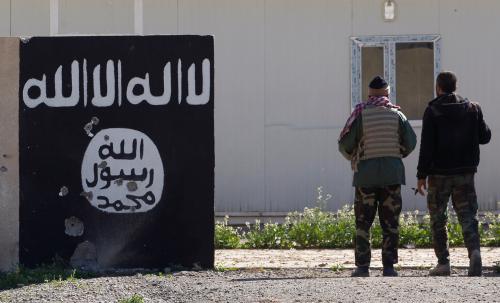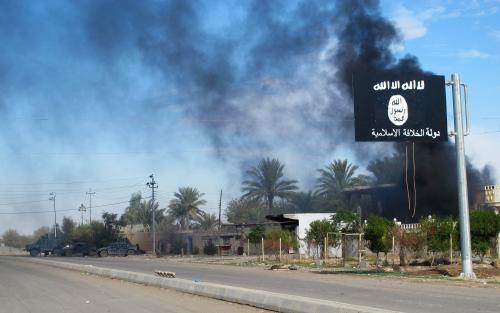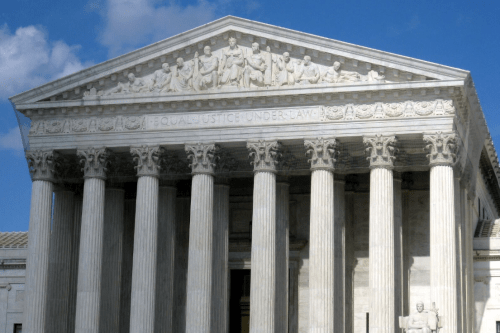 Media coverage of the Islamic State frequently refers to the group’s violent and seemingly archaic justice system without considering the institutional structures that enable this violence, or the broader function that it serves in the group’s ambitious state-building project. Legal institutions make it easier for the group to capture and retain territory by legitimizing its claim to sovereignty, justifying the expropriation of the property and land of enemies, and building goodwill with civilians by ensuring accountability.
Media coverage of the Islamic State frequently refers to the group’s violent and seemingly archaic justice system without considering the institutional structures that enable this violence, or the broader function that it serves in the group’s ambitious state-building project. Legal institutions make it easier for the group to capture and retain territory by legitimizing its claim to sovereignty, justifying the expropriation of the property and land of enemies, and building goodwill with civilians by ensuring accountability.
The Islamic State’s legal system purports to strictly apply the divinely revealed body of Islamic law known as Sharia, which it regards as the only legitimate basis for governance. Although its legal system is frequently characterized as medieval, it has instrumentally supplemented the original text of the Quran with the modern rules and regulations that are needed to govern a 21st century state and punish modern day offenses—for example, traffic violations. It has the same three features that are present in any modern legal system: police, courts, and prisons.
In a region that has long been plagued by corruption, the Islamic State has attempted to ingratiate itself with civilians by claiming that its legal system is comparatively more legitimate and effective than the available alternatives. However, two emerging vulnerabilities—the system’s susceptibility to corruption and propensity for extra-legal violence—are increasingly undermining the Islamic State’s ability to obtain the trust and cooperation of civilians. Counterinsurgency efforts should be designed to undermine the legitimacy of its institutions. Long-term solutions in the region must involve a fundamental reorganization of political and legal institutions in ways that promote legitimacy and rule of law.









